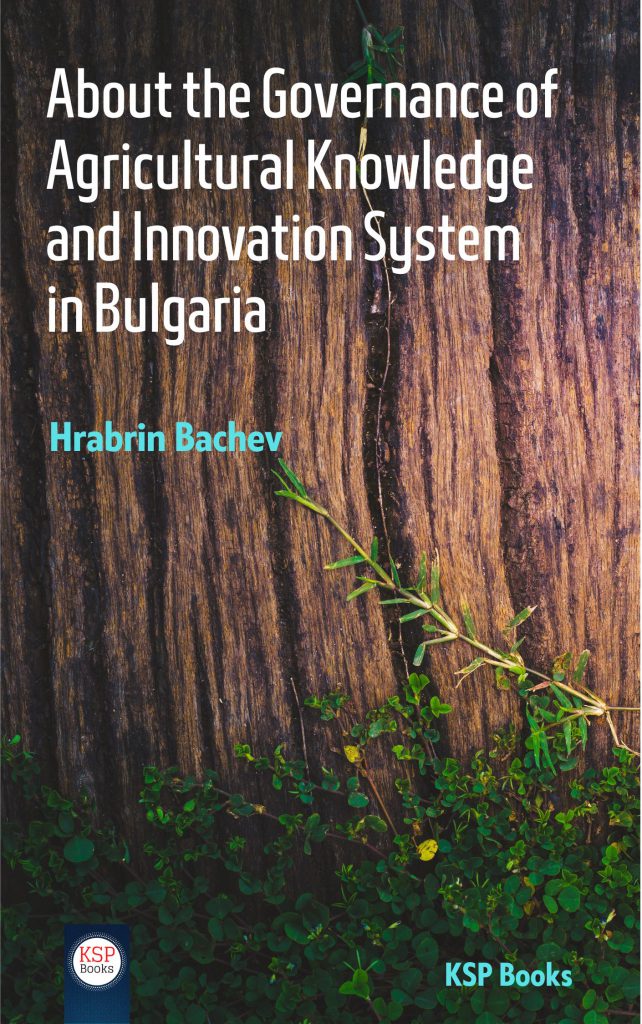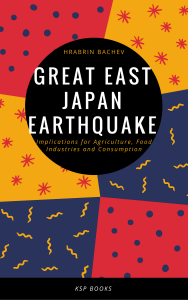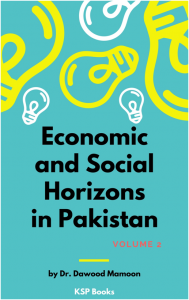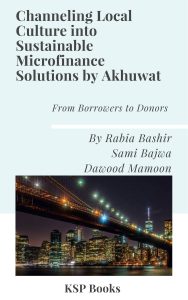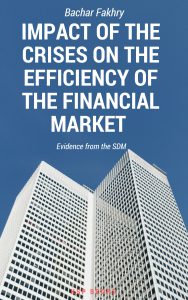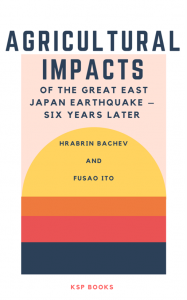Synopsis
Unlike in many other countries, in Bulgaria, there is no comprehensive analysis of the governance, state, efficiency and evolution of the system of Agricultural Knowledge and Innovation System (AKIS). This chapter presents the results of a large-scale study on the governance, efficiency, and development of AKIS in Bulgaria. The Governance of AKIS includes diverse governing agents, and the variety of rules, mechanisms and modes for agents, and the process of governing, and the outcome (specific order and efficiency) of the governance.
First, participants in the country’s AKIS and the type of their relations are specified. Second, a diagnosis of the state and trends in AR&D is made. Third, the governance of agrarian research in Bulgaria is unpacked. Forth, the state of the system of education and training of agricultural producers in the country is analyzed. Fifth, the governance of the system of advice and consultations in agriculture is assessed. Six, results of an expert assessment on the governance of AKIS in Bulgaria are presented. Finally, the results of SWOT analysis and presented, and development strategy and intervention needs for AKIS for the next programming period are specified.
Modern scientific approaches of Comparative Data and Institutional Analysis, Gap Analysis, SWOT, Strategic Orientation, Experts Assessments, etc. are used to identify actors and relations, state and trends in development, assess Strengths, Weaknesses, Opportunities, and Threats, formulate adequate strategy, and specify overall and public intervention needs of AKIS in the country. The study is based on available data from statistical sources, official reports, fields surveys as well as assessments of a panel of leading experts in the area and stakeholders’ representatives.
The study has found out that AKIS of the country consists of diverse and numerous organizations, for which activities and complex relations have no sufficient official or other reliable information. In the years of EU membership, the expenditures for ARD significantly decreased absolutely and relatively as a share in the total expenditures for R&D, which indicates diminishing importance and deteriorating financial, personnel, and material potential of the agrarian knowledge and innovation sector. Bulgarian AKIS demonstrates low resource endowment and efficiency, domination of outdated public institutions and undeveloped private sector, insufficient sharing of knowledge and innovations, slow and uneven application of modern technologies, varieties, production and management methods, digitalization, etc. in different types of farms, subsectors of agriculture and regions of the country.
The lack of full data only partially can be compensated by experts’ assessments and it is necessary to carry out in-depth and representative surveys of individual components and the AKIS as a whole. Furthermore, it is necessary to institutionalize and regulate the collection of official statistics, reports, etc. information for the state and efficiency of that important system.
Contents
About Author
ISBN
978-625-8190-55-7
Date of Publication
December 25, 2022
File Size: 3679 KB
Length: xii + 112 pages
This work is licensed under a Creative Commons Attribution 4.0 International License.
